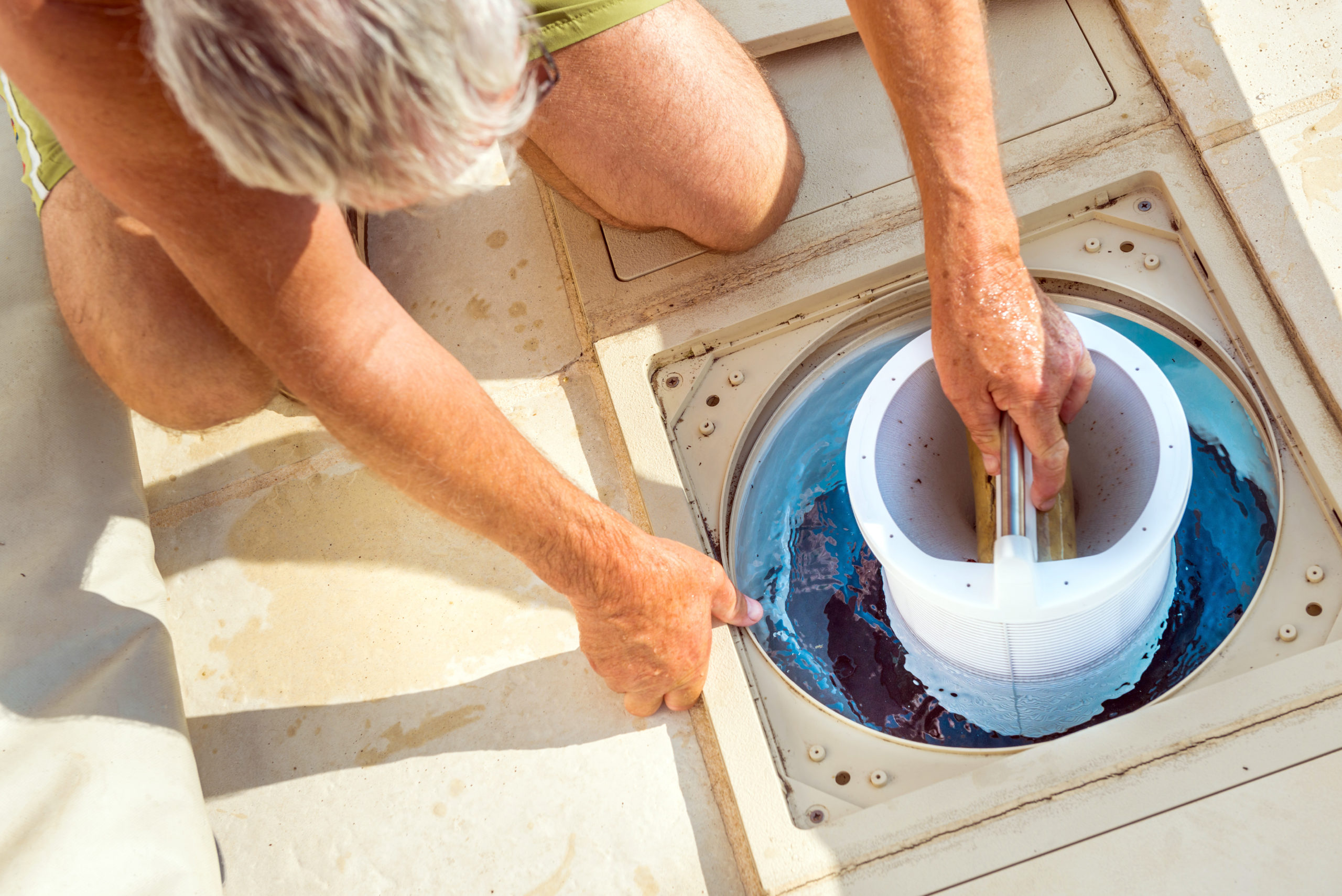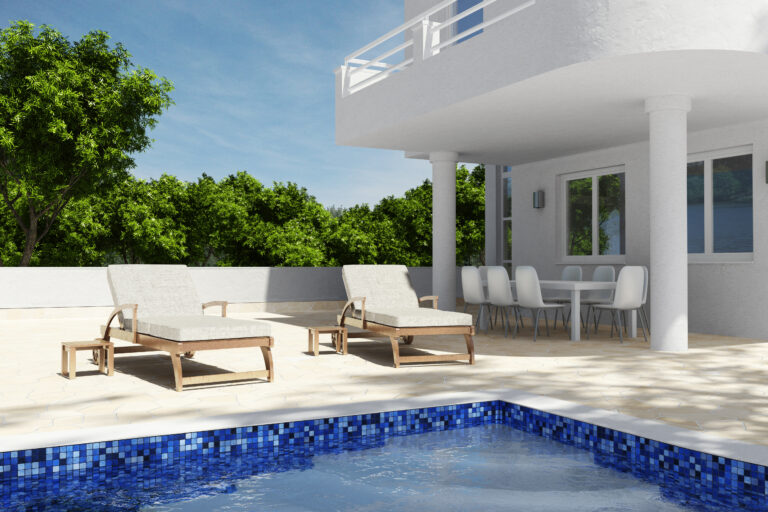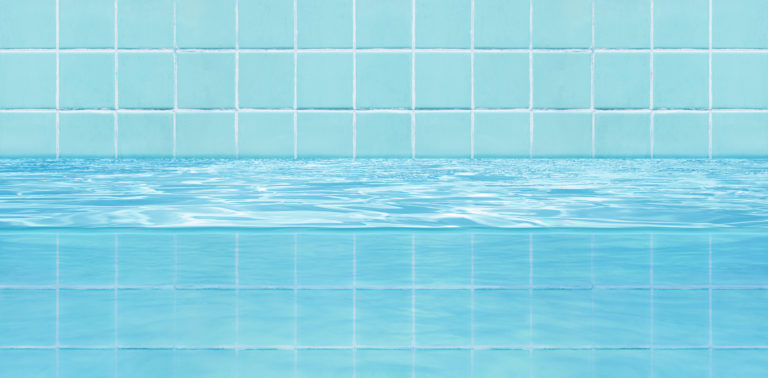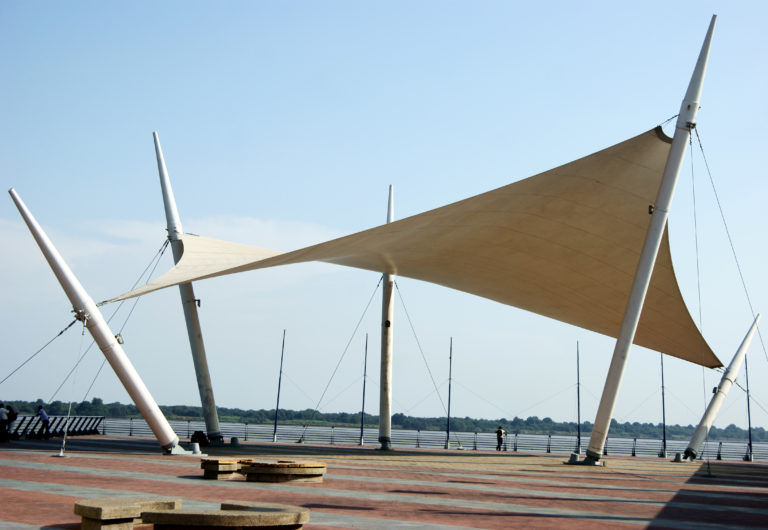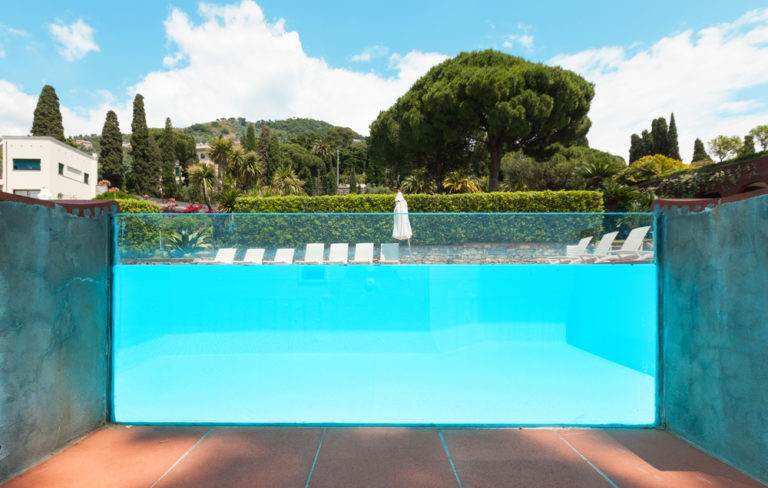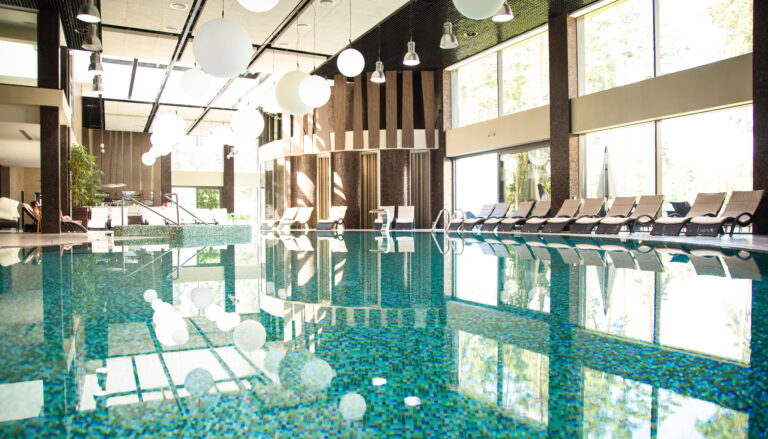Understanding the Basics of Pool Filtration Systems
You’re the proud owner of a beautiful pool, but do you understand how its filtration system works? There’s more to it than meets the eye. We’ll break down all you need to know about your pool’s vital cleaning mechanism.
You’ll learn about different types, key components, and how they operate so you can keep your pool sparkling clean. Whether you’re troubleshooting or considering an upgrade, we’ve got you covered!
The Importance of Pool Filtration Systems
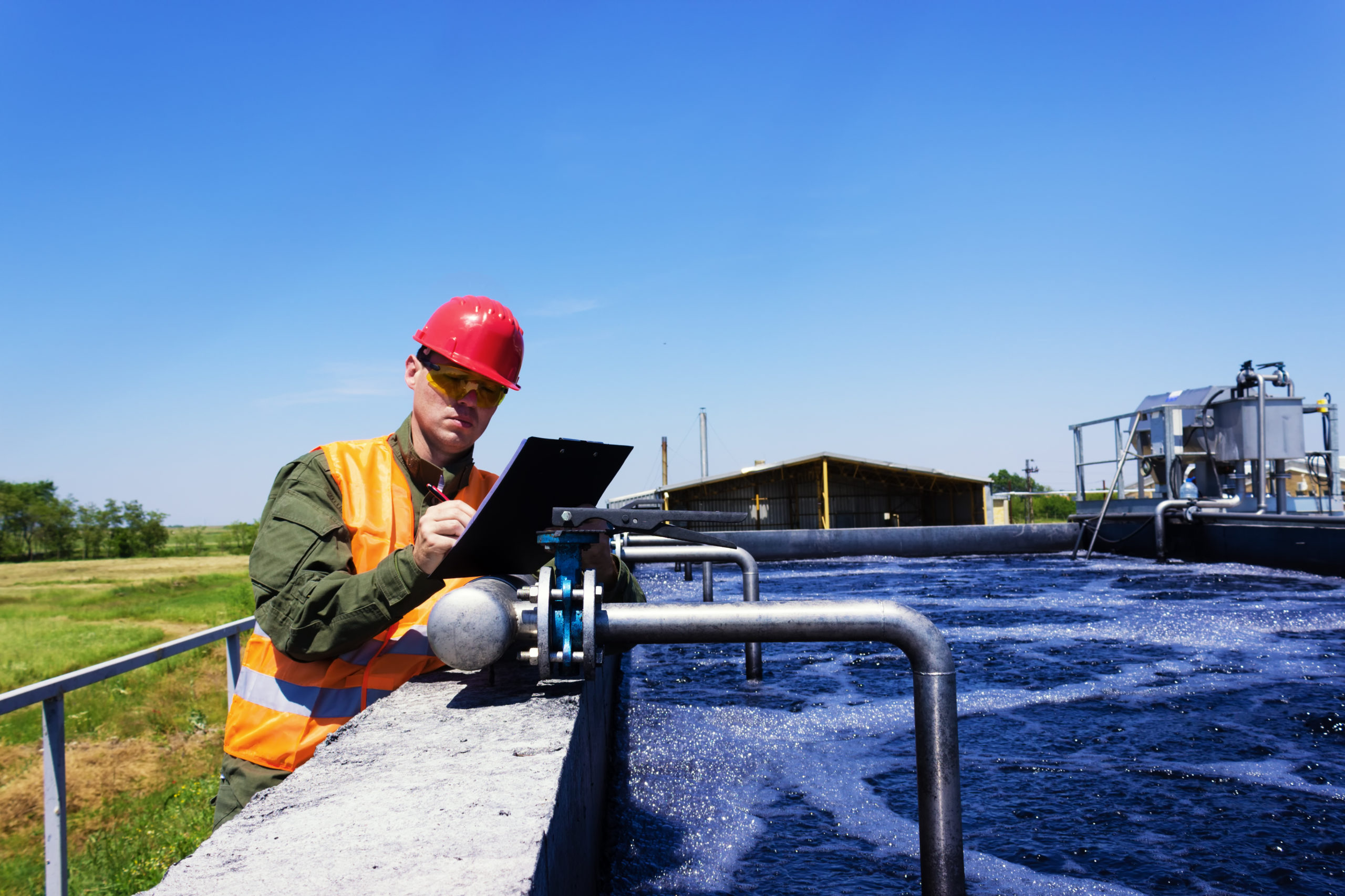
Without a doubt, you can’t underestimate the importance of pool filtration systems. They’re not just there for show; they play an essential role in maintaining the health and cleanliness of your pool. When it comes to filtration efficiency, these systems are your best bet for keeping out unwanted particles and contaminants.
Consider this: every time someone jumps into the pool, they bring along a host of microorganisms. Without a proper filter, these invaders could cause waterborne diseases or infections. That’s where the real health implications lie – swimming in dirty water isn’t just unpleasant; it’s outright dangerous.
A good filtration system effectively removes debris and disinfects the water, providing you with a safe and clean environment to swim in. The better its performance – that is, its filtration efficiency – the healthier your pool will be.
And remember, regular maintenance ensures longer lifespan and higher efficiency for your filter system. Don’t neglect cleaning or replacing filters as scheduled. By doing so, you’re not only protecting your investment but also safeguarding everyone who uses your pool from potential health risks.
So don’t take chances when it comes to pool hygiene. Invest in an efficient filtration system – because nothing matters more than health safety.
Different Types of Pool Filtration Systems
You’ve learned about the importance of pool filtration systems, now let’s dive deeper into different types.
We’re going to explore three main types: Sand Filtration Systems, Cartridge Filtration Systems, and Diatomaceous Earth Systems.
You’ll understand how each one works and decide which might be the best fit for your pool maintenance needs.
Sand Filtration Systems
Sand filtration systems are one of the most common types of pool filters, and they’re known for their simplicity and effectiveness. You’ll find them in many pools due to their sand system efficiency and minimal environmental impact.
Sand filters can capture particles as small as 20 microns. This results in clear, clean water that’s more inviting for a swim.
They’re economical to operate. The only major cost is replacing the sand every five years or so.
Sand filters have a lower environmental impact than other filter types. They don’t require chemical additives or generate waste that needs special disposal.
With regular maintenance, a sand filter can last up to seven years.
In short, if you’re looking for simple, efficient, and eco-friendly pool filtration, consider a sand filter system.
Cartridge Filtration Systems
Cartridge filters, on the other hand, are another popular choice for maintaining water clarity and they’re known to be more efficient than sand filters. You’ll appreciate their efficiency as they can filter out smaller particles compared to sand filters. Cartridge longevity is a significant concern when choosing a filtration system. A good quality cartridge lasts longer, saving you money in the long run.
Moreover, consider the environmental implications of your choice. Cartridges use less water and don’t require backwashing, which makes them an eco-friendly option. They’re easy to clean; just remove it from the housing and rinse with a hose.
So if you’re looking for efficiency combined with sustainability, cartridge filtration systems could be your best bet!
Diatomaceous Earth Systems
If you’re after top-notch clarity, then diatomaceous earth systems might just be what you’re looking for. This filtration method offers unparalleled water purity.
But what about diatomaceous earth safety?
Well, it’s not as daunting as it sounds. With proper handling and maintenance, these systems are safe to use. Plus, they’re an eco-friendly alternative! Here are the reasons why:
– They utilize a natural substance – diatomaceous earth – which is derived from fossilized remains of tiny aquatic organisms.
– Unlike synthetic filters, they don’t contribute to environmental waste.
– The used DE powder can be safely disposed and is often used in gardens as soil conditioner.
So go ahead; switch to a Diatomaceous Earth System for crystal clear water that’s kinder to our environment!
Components of a Pool Filtration System
You’ve got the basics of pool filtration systems down, but let’s dive deeper into the components that keep your pool clean and clear.
We’ll explore various filter types, understanding how they trap debris to ensure the water in your pool stays sparkling.
Then, we’ll examine pool pumps – the heart of your system – before finally discussing the importance of regular system maintenance to prolong its lifespan and efficiency.
Filter Types
Understanding the different types of pool filters is crucial because they’re not all created equal. Let’s consider three main types: sand, cartridge and diatomaceous earth (DE) filters. These vary in their filter lifespan and eco-friendly nature.
| Filter Type | Lifespan | Eco-Friendly |
| Sand | 5-7 years | No |
| Cartridge | 1-2 years | Yes |
| DE | Up to 1 year | Partially |
Sand filters last the longest, but aren’t eco-friendly. Cartridge filters are an eco-friendly alternative with a shorter lifespan. DE filters offer a balance, being partially eco-friendly with decent lifespan. You’ve got options – it’s about finding what works best for your pool, budget, and personal values regarding sustainability. Remember, every pool is unique just like its owner!
Pool Pumps
Switching gears, let’s dive into the world of pump systems for swimming areas. You’ll find that pump efficiency is key. A proficient pump can make a massive difference in ensuring clean, clear water. It also affects energy consumption – an inefficiency here could see your utility bills skyrocket.
So how do you ensure pump efficiency? Start by choosing a pool pump with the right horsepower for your pool size. Too little power and it won’t circulate water effectively; too much and you’re wasting energy.
Regular maintenance is also crucial. Check for leaks often, replace worn-out parts promptly, and keep filters clean to reduce strain on the system.
System Maintenance
Regularly scheduled system maintenance is crucial for keeping your pump running efficiently. It’s not just about the pump, though; you’ve got to consider cleaning frequency and filter replacement as well.
If you’re slacking on your pool’s cleaning frequency, prepare for a less efficient system. Dirt and debris can clog filters, slowing down your pump and making it work harder than necessary. So, how often should you clean? That depends on usage and environment, but weekly checks are a smart move.
Filter replacement is another key aspect of maintenance. No matter how religiously you clean, filters don’t last forever. Over time they wear out and lose their effectiveness. Most manufacturers recommend replacing filters every one to two years to keep everything running smoothly in your pool paradise.
How Pool Filtration Systems Work
It’s essential to know that pool filtration systems work by removing debris and dirt from the water. Understanding how these systems function helps you ensure your pool stays clean and safe for use.
When it comes to system selection, consider filtration efficiency. Not all systems are equal, and some might leave smaller particles behind. Think about what you need from your system. Do you have a lot of trees around your pool or do kids often play in it? If so, you’ll want a high-efficiency filter that can catch even tiny bits of leaves or grass.
Also, keep in mind the size of your pool. Larger pools require more powerful systems to efficiently filter all the water in a reasonable timeframe. Don’t shortchange yourself with a lower-capacity system if you’ve got a big pool; it won’t be able to do its job properly.
Maintaining Your Pool Filtration System
Now that you’ve got a grasp of how your pool’s filtration system works, let’s move on to understanding how to maintain it. A well-maintained system is key for filtration efficiency improvement.
Your maintenance routine should include regular filter cleaning methods. This not only keeps the water crystal clear but also prolongs the life of your filtration system. Depending on the type of filter you have, there are different cleaning techniques to use.
| Filter Type | Cleaning Method | Frequency |
| Cartridge | Remove and rinse with a hose | Every two weeks |
| Sand | Backwash using valve setting | Once a week |
| D.E | Backwash and add new D.E powder | As needed |
Cartridge filters require rinsing every two weeks, while sand filters need backwashing once a week. For D.E filters, you’ll need to backwash as needed and add fresh D.E powder.
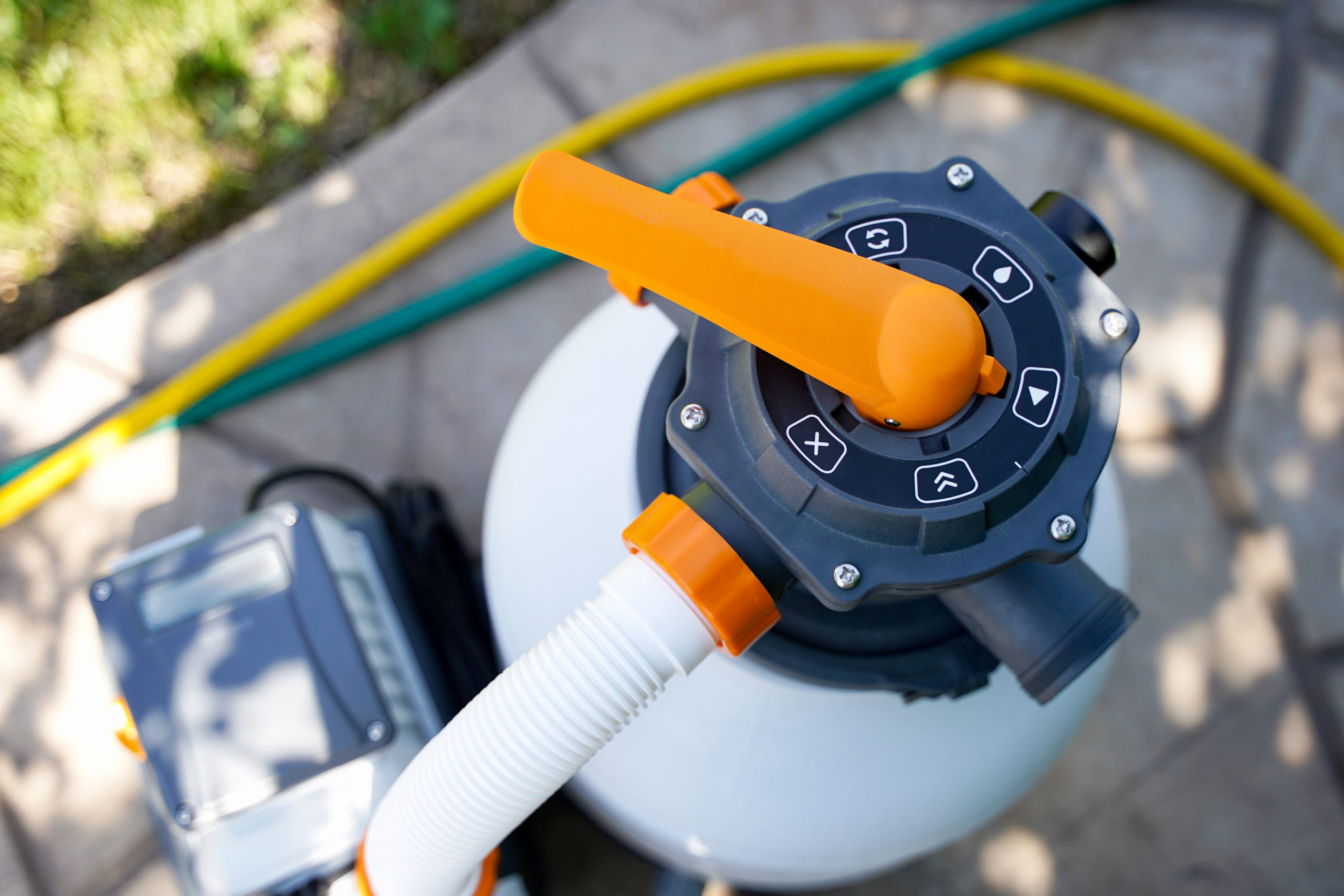
Troubleshooting Common Pool Filtration Problems
Despite diligent maintenance, you’ll likely encounter some common problems with your filter system that you’ll need to troubleshoot. These issues may compromise the quality of your pool water or even damage the filtration system.
Two frequent problems you might face are filter clogging and unusual noises.
* Filter Clogging Solutions
Regular Cleaning: Don’t underestimate the power of cleaning your filters regularly. Build-up can lead to clogs that affect performance.
Replacing Filters: If cleaning doesn’t work, it’s time to replace those filters. Remember, they’re not designed to last forever.
* Unusual Noise Causes
Damaged Parts: A broken part could be causing that strange noise. It’s best to have a professional inspect it.
Debris in Pump: Sometimes debris gets stuck in the pump causing unsettling sounds. Clean out any visible rubbish immediately.
Troubleshooting these common issues will help keep your pool clean and safe for everyone enjoying it. Remember, when dealing with these problems, patience is key! Do not rush solutions as this may cause further complications down the line. With careful attention and regular upkeep, you’ll minimize the impact of these pesky pool filtration issues.
Upgrading Your Pool Filtration System
You’re probably wondering how to improve your current setup, and upgrading your system can be a great solution. Upgrading isn’t just about throwing money at the problem; it’s about improving filtration efficiency, making your pool cleaner and safer for everyone who uses it.
Consider the system cost as an investment in better water quality. An efficient filtration system can reduce maintenance effort and expenses over time. It may seem like a large upfront expense, but when you calculate the savings on chemicals, energy, and reduced wear-and-tear on your pool equipment, you’ll find it’s worth every penny.
When choosing an upgrade, look for systems with high filtration efficiency. They might cost more initially but they’ll save you money in the long run by reducing cleaning times and frequency of filter replacements. With high-efficiency systems, you won’t have to worry about cloudy or murky water anymore.
Frequently Asked Questions
What Are the Environmental Impacts of Using a Pool Filtration System?”
While pool filtration systems increase water clarity, they can impact the environment. They’re energy-intensive and may waste water. However, improving filtration efficiency and considering sustainable alternatives can help mitigate these issues for you.
How Much Does a Typical Pool Filtration System Cost, Including Installation?”
You’re looking at around $1500-$2500 for a typical pool filtration system, including installation. But remember, costs can increase with filtration system efficiency and any additional system upgrades you might want.
Can Pool Filtration Systems Help in Maintaining the Chemical Balance of Pool Water?”
Yes, pool filtration systems can help maintain your pool’s chemical balance. Different filtration system types play a role in this process. Regular filter maintenance is crucial to ensure effective water chemistry management.
Are There Any Health Risks Associated With Not Properly Maintaining a Pool Filtration System?”
Yes, there are health risks if you don’t properly maintain your pool filtration system. Reduced filtration efficiency can lead to disease transmission through contaminated water, causing skin irritations and gastrointestinal illnesses. So always keep it clean!
Is It Possible to Install a Pool Filtration System on My Own or Do I Need a Professional?”
Yes, you can install a pool filtration system yourself, but it’s challenging. DIY installation can affect filtration system efficiency. To ensure optimal performance and safety, consider hiring a professional to handle the task.

